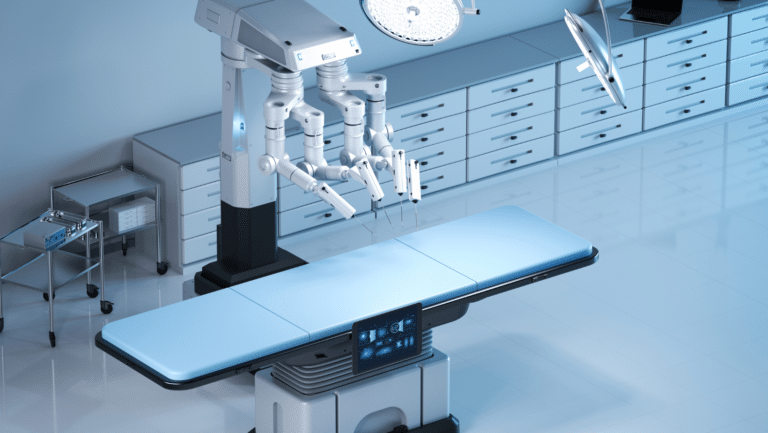Artificial intelligence (AI) is rapidly changing numerous industries, and healthcare is no exception. With the ability to analyze vast amounts of data, AI offers opportunities to enhance patient care, reduce costs, and transform how medicine is practiced. This blog delves into the ways AI is being applied in healthcare, the benefits it provides, and the potential challenges that need to be addressed.
AI is a computational technology that simulates human intelligence, enabling machines to learn from experience, adapt to new inputs, and perform tasks that typically require human intellect. In healthcare, AI’s capabilities are being harnessed in several ways:

AI algorithms can analyze radiology images, such as MRIs and CT scans, to identify abnormalities and diseases. These systems can deliver results with remarkable accuracy and speed, reducing the burden on radiologists and expediting diagnosis.

AI can predict patient outcomes by analysing their health data. These predictions can alert clinicians to potential health risks, enabling early interventions that may improve outcomes.
AI can help develop personalized treatment plans based on a patient’s genetics, lifestyle, and environment. This approach, known as precision medicine, can significantly increase treatment efficacy.
AI-powered robots can assist in surgeries, resulting in more precise and less invasive procedures. They can also aid patient rehabilitation, monitor vital signs, and automate routine tasks.

AI’s adoption in healthcare holds significant potential. It can increase efficiency, reduce healthcare costs, and improve patient outcomes. Moreover, AI’s ability to analyse massive datasets can unveil patterns and correlations that can lead to ground-breaking medical insights.
However, the implementation of AI also presents challenges. Issues related to data privacy, security, and ethical considerations need to be addressed. There’s also a need for regulations and standards to ensure the safety and effectiveness of AI applications in healthcare.
AI represents a powerful tool that can revolutionize healthcare. While challenges exist, they are not insurmountable. With careful planning, robust regulations, and thoughtful implementation, AI can transform healthcare delivery, enhance patient care, and drive forward medical research.
References
Hosny, A., Parmar, C., Quackenbush, J., Schwartz, L. H., & Aerts, H. J. (2018). “Artificial intelligence in radiology.” *Nature Reviews Cancer*, 18(8), 500–510.
Rajkomar, A., Dean, J., & Kohane, I. (2019). “Machine Learning in Medicine.” *The New England Journal of Medicine*, 380(14), 1347–1358.
Jameson, J. L., & Longo, D. L. (2015). “Precision Medicine — Personalized, Problematic, and Promising.” *The New England Journal of Medicine*, 372(23), 2229–2234.
Bogue, R. (2018). “Robots in healthcare.” *Industrial Robot: An International Journal*.
Panch, T., Pearson-Stuttard, J., Greaves, F., & Atun, R. (2019). “Artificial intelligence: opportunities and risks for public health.” *The Lancet Digital Health*, 1(1), e13-e14.